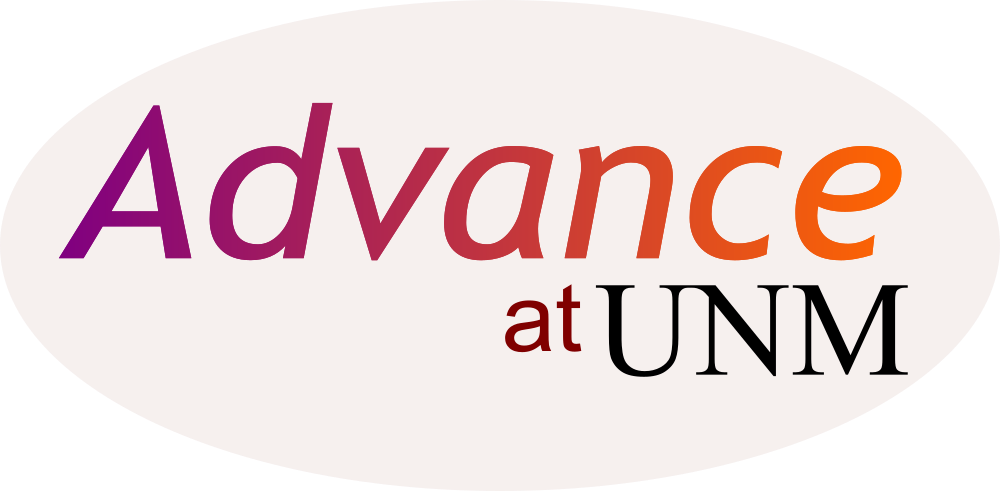STEM Shoutout: Dr. Susannah Davis
 UNM researcher selected as National Academy of Education postdoctoral fellow
UNM researcher selected as National Academy of Education postdoctoral fellow
Dr. Susannah Davis, a research assistant professor in the Department of Chemical and Biological Engineering, recently was selected as a 2021 National Academy of Education (NAEd)/Spencer Postdoctoral Fellow.
According to the National Academy of Education’s website, “The NAEd/Spencer Postdoctoral Fellowship provides $70,000 to early-career scholars to focus on their research and attend professional development retreats. This year, the 25 postdoctoral fellows were selected from a pool of 249 applicants.”
Davis said she is excited to be funded through the fellowship and be a part of a cohort of fellows doing inspiring work in education.
“I’m looking forward to getting to know the other members of this cohort and their work in the coming year,” Davis said.
Currently, Davis’ research explores individual and organizational learning, change, and leadership, in relation to equity and justice.
“My current research focuses on how postsecondary institutions create more equitable and just policies, practices, and climates, as well as how systems of power shape reform efforts. Another line of research investigates organizational policies and leadership practices that motivate and support collaborative data use and decision making for continuous improvement,” she said.
Davis has also been working with the FACETS (Formation of Accomplished Chemical Engineers for Transforming Society) project in the Department of Chemical and Biological Engineering.
“I’ve been researching faculty learning and the change process over the last five years. FACETS is one of two National Science Foundation Revolutionizing Engineering Departments (RED) projects that I’ve worked on that both aim to create a more inclusive departmental culture and improve students’ opportunities for ambitious and equitable learning,” Davis said. “I am also a principal investigator on a related study funded by the National Science Foundation examining how power, privilege, and perspective shape the development of equity-oriented educational change projects across many RED sites.”
Through the fellowship, Davis said she hopes to fund a new research project called “Resistance as Engagement in Self, Institutional, and Social Transformation (RESIST): Understanding Agency in Individual and Collective Learning and Change.”
“I’ll be examining faculty resistance at two universities in the United States. This study explores resistance as a form of agency and a potentially productive aspect of individual and organizational learning and change processes,” she said.
By broadening and reframing our understanding of faculty resistance, Davis said we can better understand whether resistance can be a contribution and resource for organizational change.
“I hope this project can inform the design of organizational change initiatives that affirm faculty’s agency, recognize the role of power relations, and consider resistance as a resource in participatory transformation,” she said.
